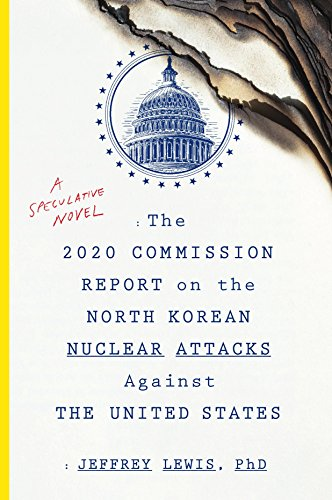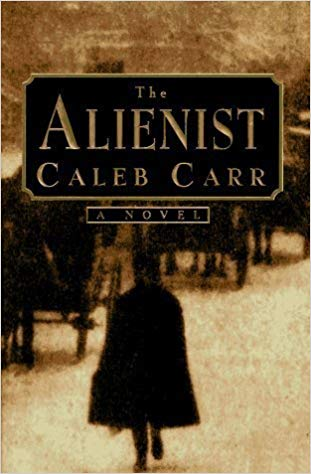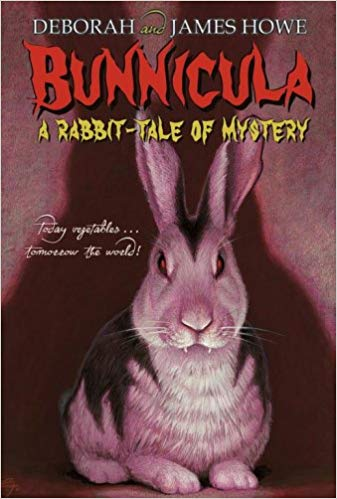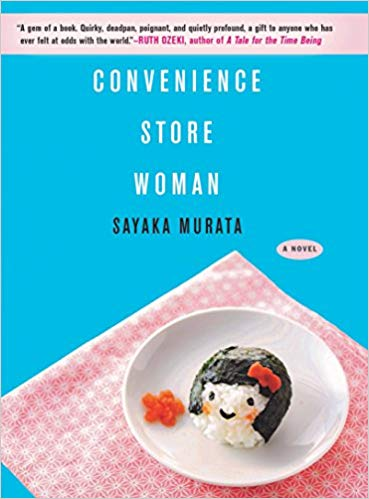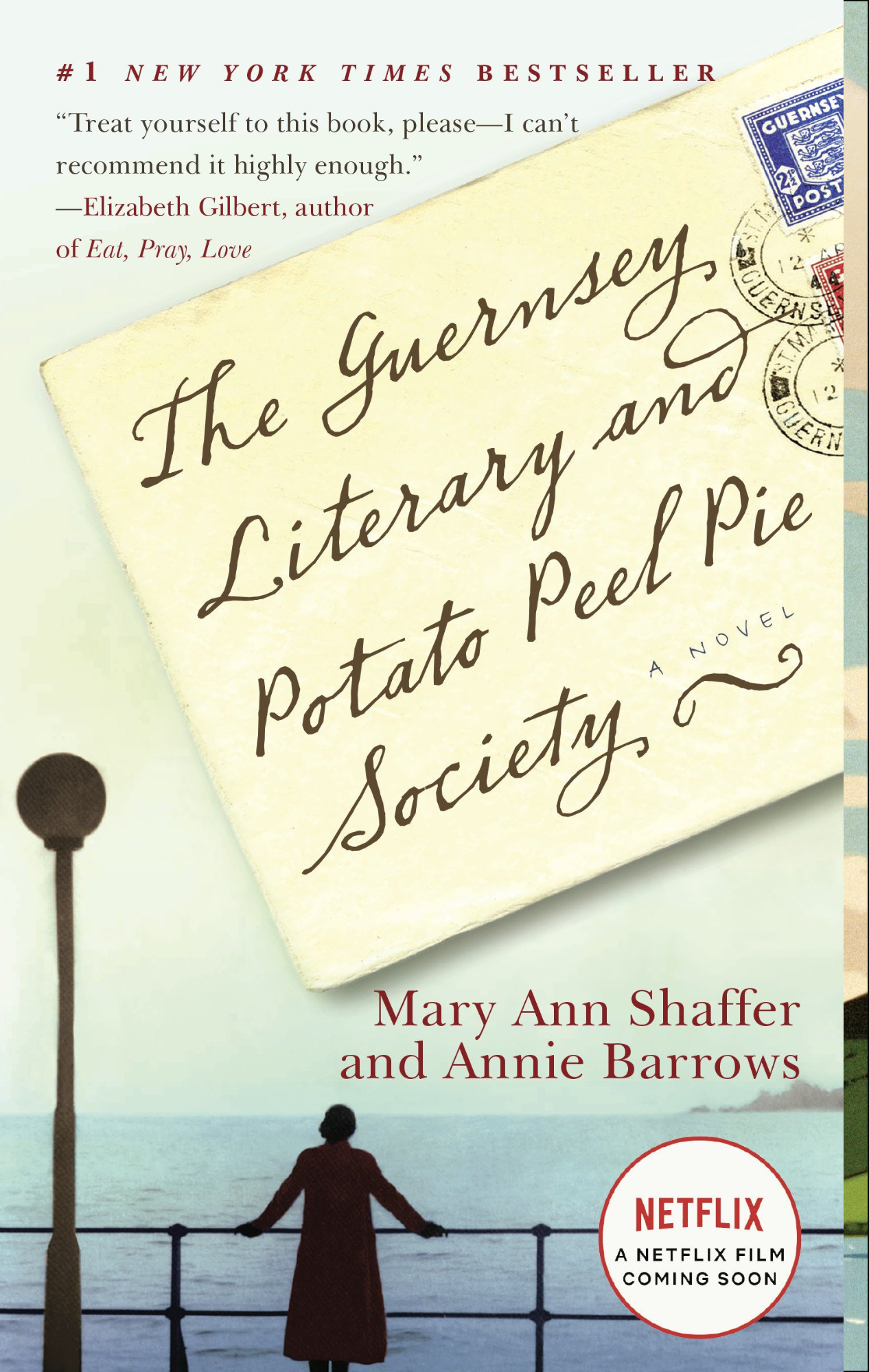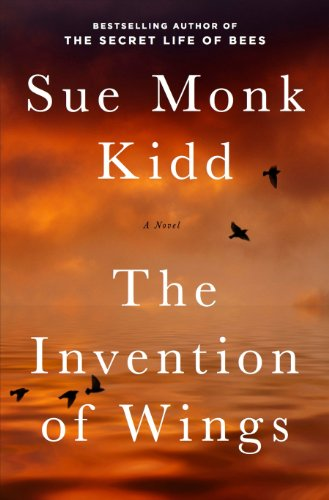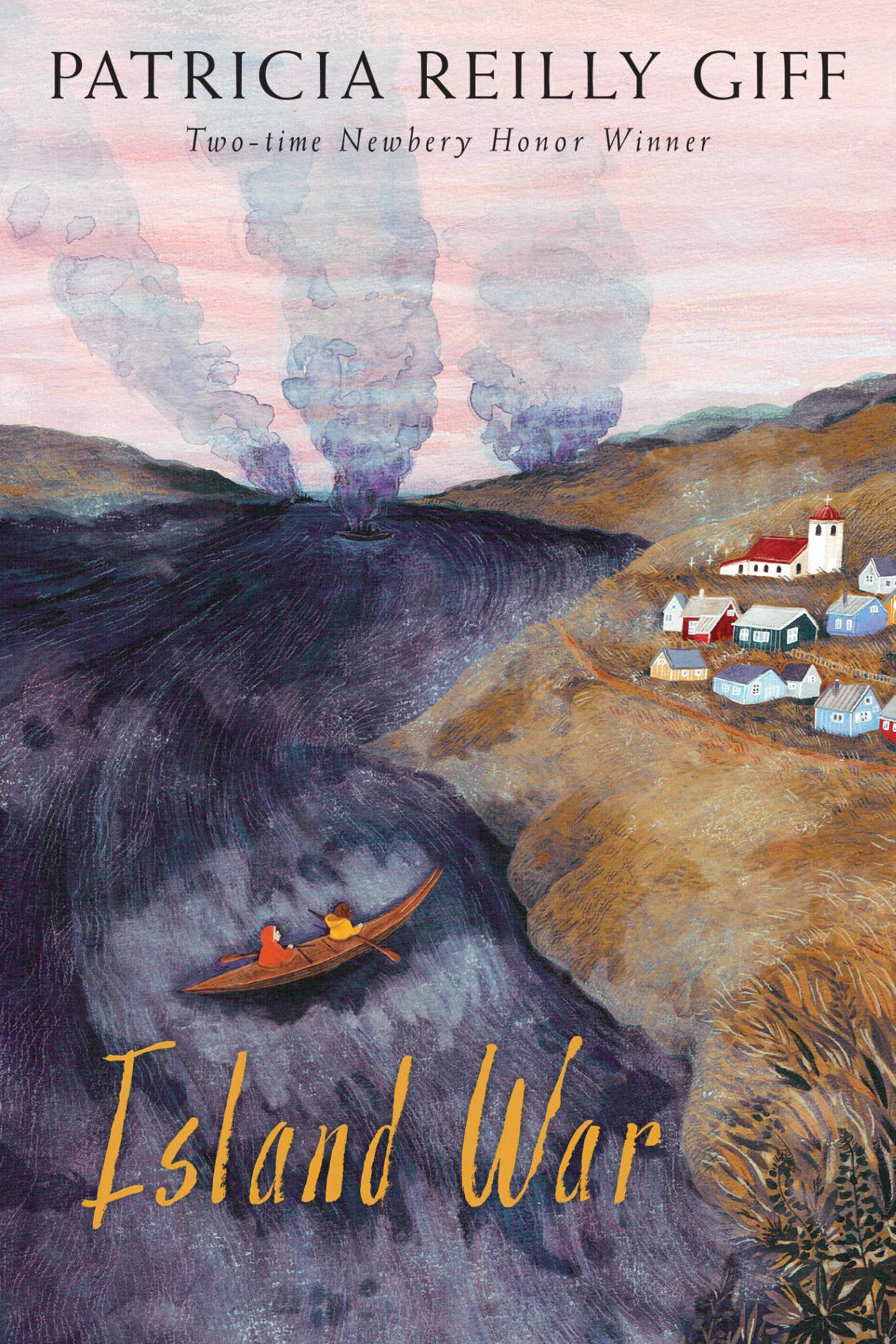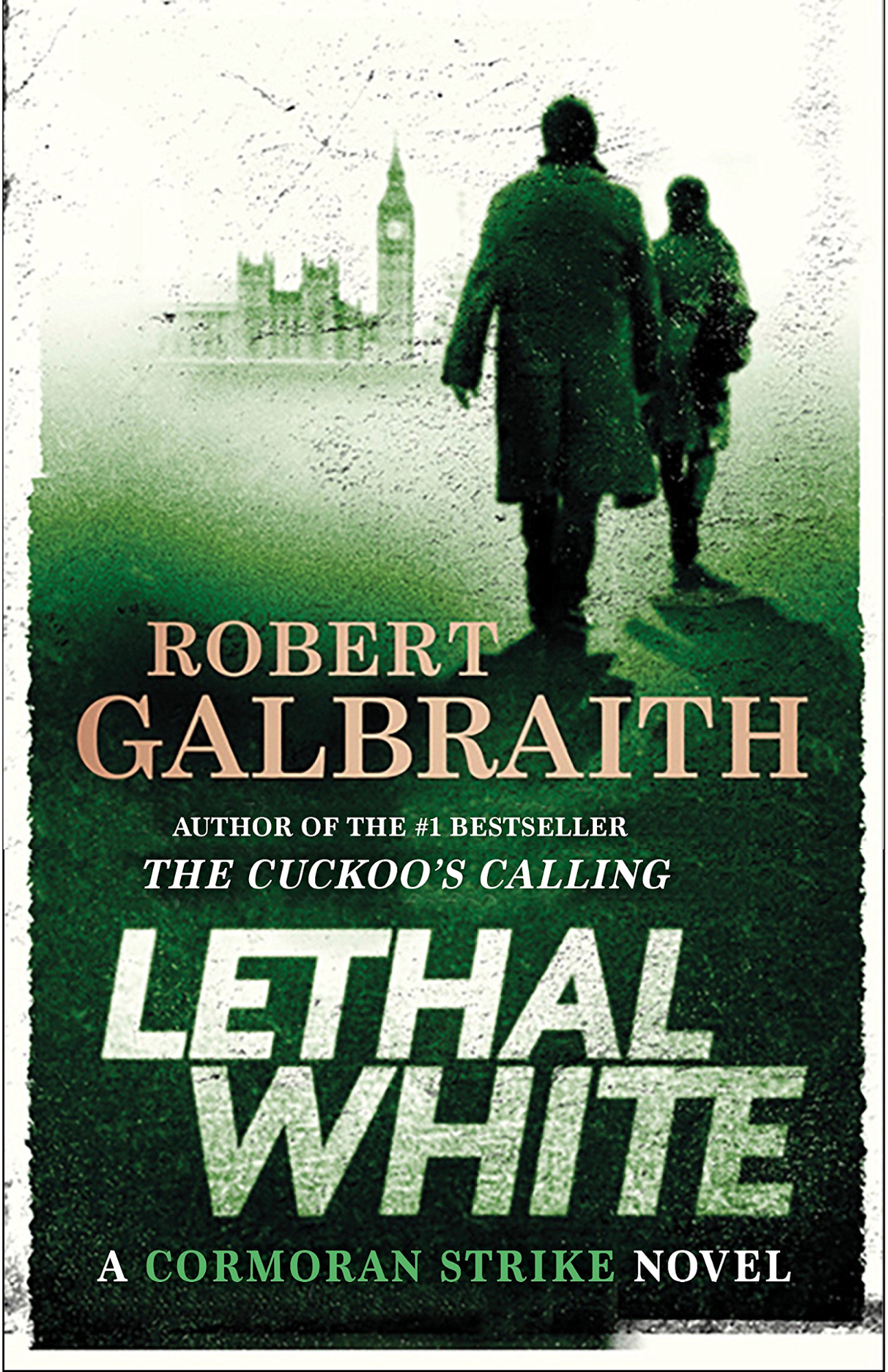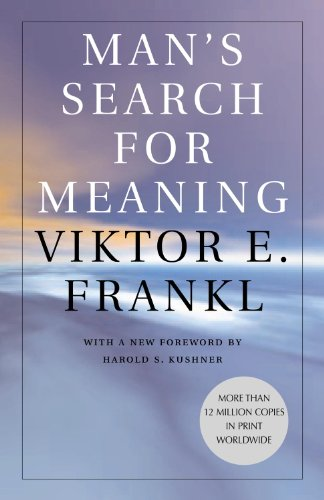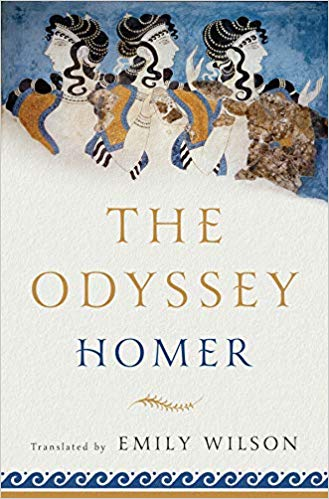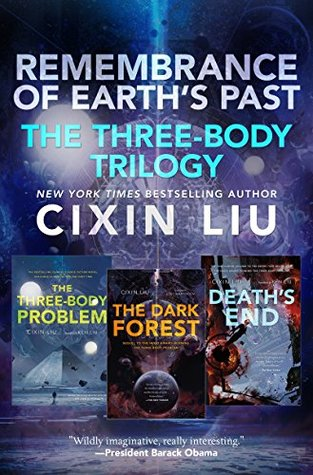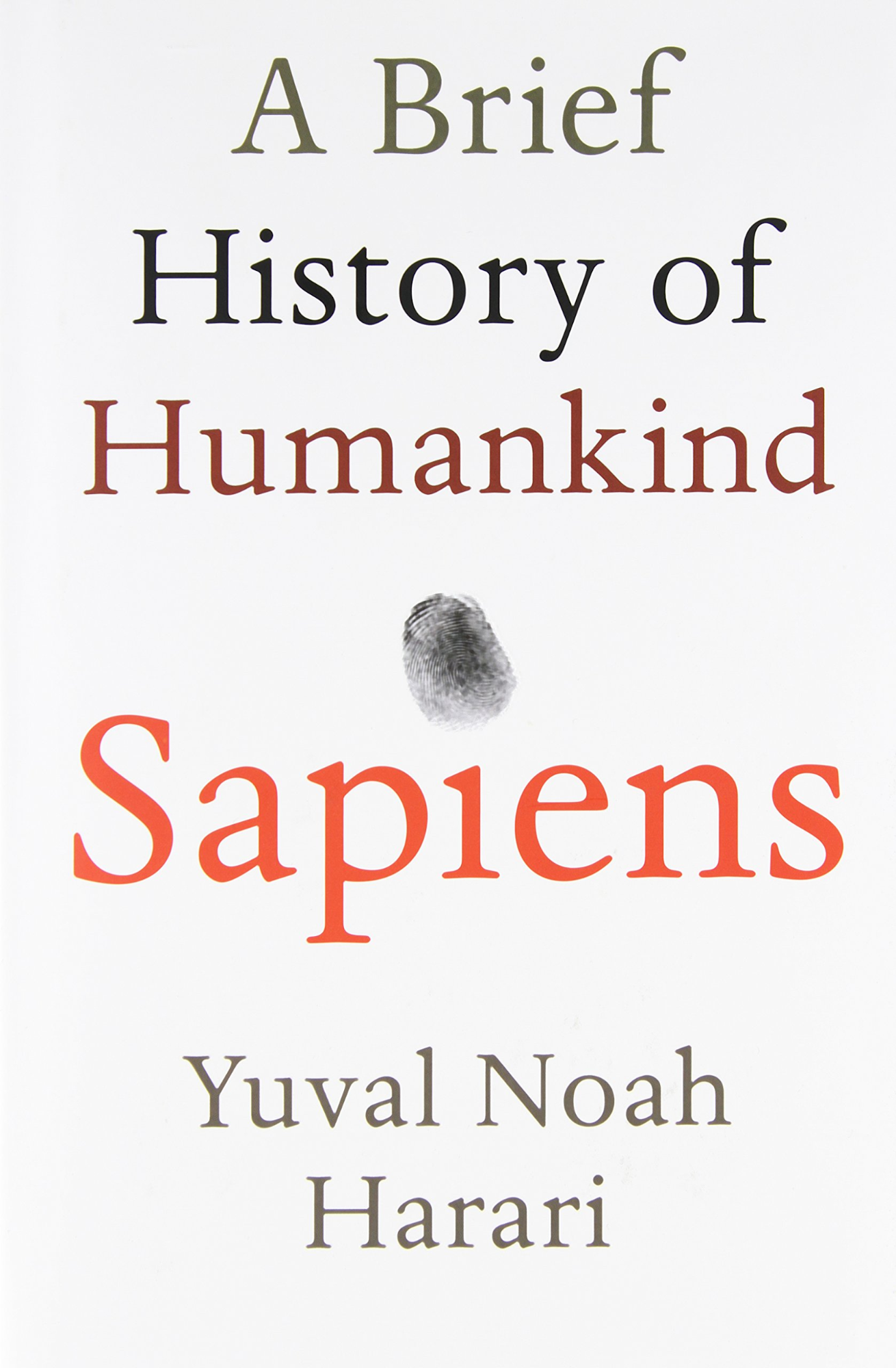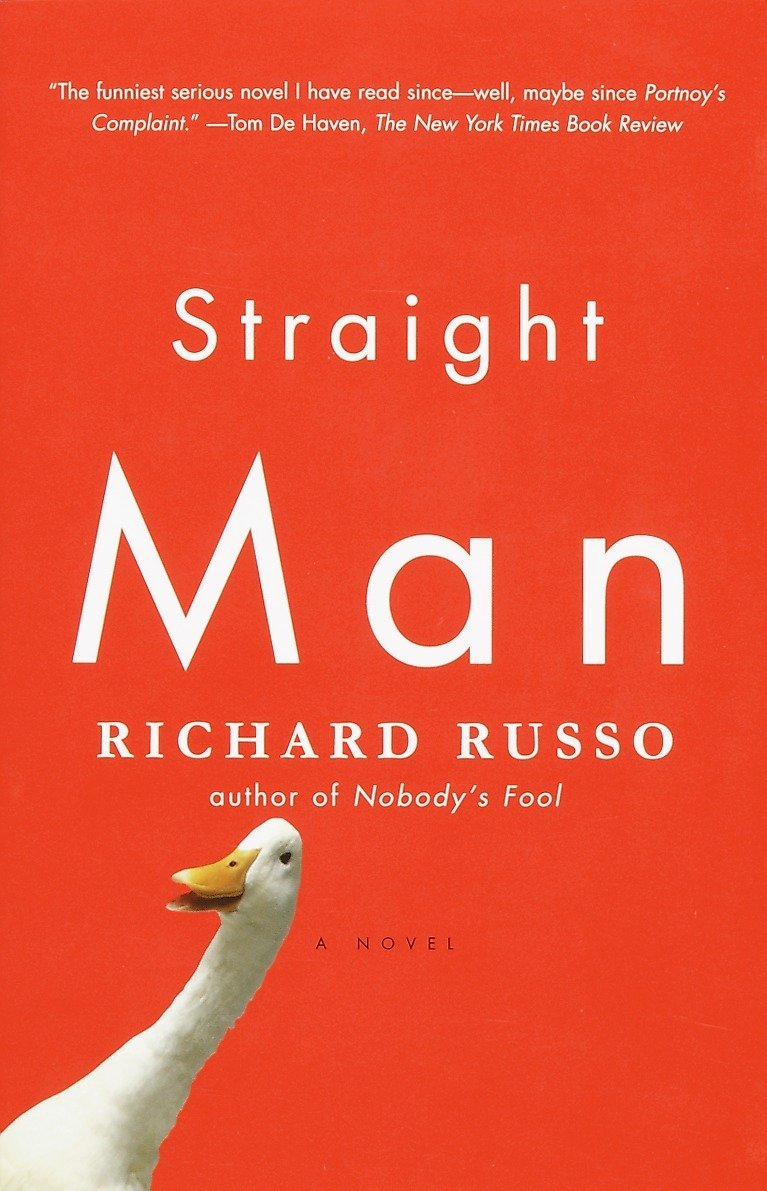The King and the Catholics: England, Ireland, and the Fight for Religious Freedom, 1780-1829 by Antonia Fraser
William E. Benemann, Library Archivist (ret.)
“Why Are All the Conservative Loudmouths Irish-American?” asked an article in Newsweek. And while it has become commonplace to remind Buchanan, O’Reilly, Hannity, Bannon and their ilk (Kellyanne Conway, Paul Ryan, Kevin McCarthy, Mike Pence, Mike Flynn, John Kelly), that their immigrant ancestors were met with signs saying “No Irish Need Apply,” they might also be reminded of another piece of fairly recent history. In an age of Muslim bans and synagogue massacres, they should not forget that not long ago Catholics too faced severe restrictions because of their religious beliefs.
Antonia Fraser’s latest book looks at late eighteenth and early nineteenth century Britain, and notes that under the Protestant Ascendancy citizens who were openly Catholic were “inferior at law,” and could not serve in Parliament, engage in any governmental activity, serve on a jury, attend university or be awarded an academic degree, receive a commission in the army or navy (or, officially, become a soldier or sailor – though that restriction was, out of necessity, rarely enforced). To perform any priestly function or even operate a Catholic school was punishable by life imprisonment. The wedding of a Catholic bride and groom married only by a priest was considered invalid, and their children illegitimate for purposes of inheritance.
Fraser focuses on the period from 1780 to 1829, and delves into the public and private debates that led eventually to a lifting of most of the Catholic sanctions. The rhetoric on both sides was often toxic. In 1821 William Plunket, arguing in Parliament in favor of the reforms, said of the average Catholic, “He might be an infidel, he might believe in Jupiter, in Osiris, the ape, the crocodile, in all the host of heaven, and all the creeping things of the earth, and [still] be admitted to all the privileges of the state.” Those Irish Americans now arguing for restrictions based on religious affiliation, or attempting to impose evangelical Christianity on this country, might be reminded that nineteenth century British reformers held up the US as a paragon of religious tolerance. There was a time when American Catholics proudly supplied money – and promised guns – to the struggle against a state that repressed its citizens merely because of the way they worshipped.

